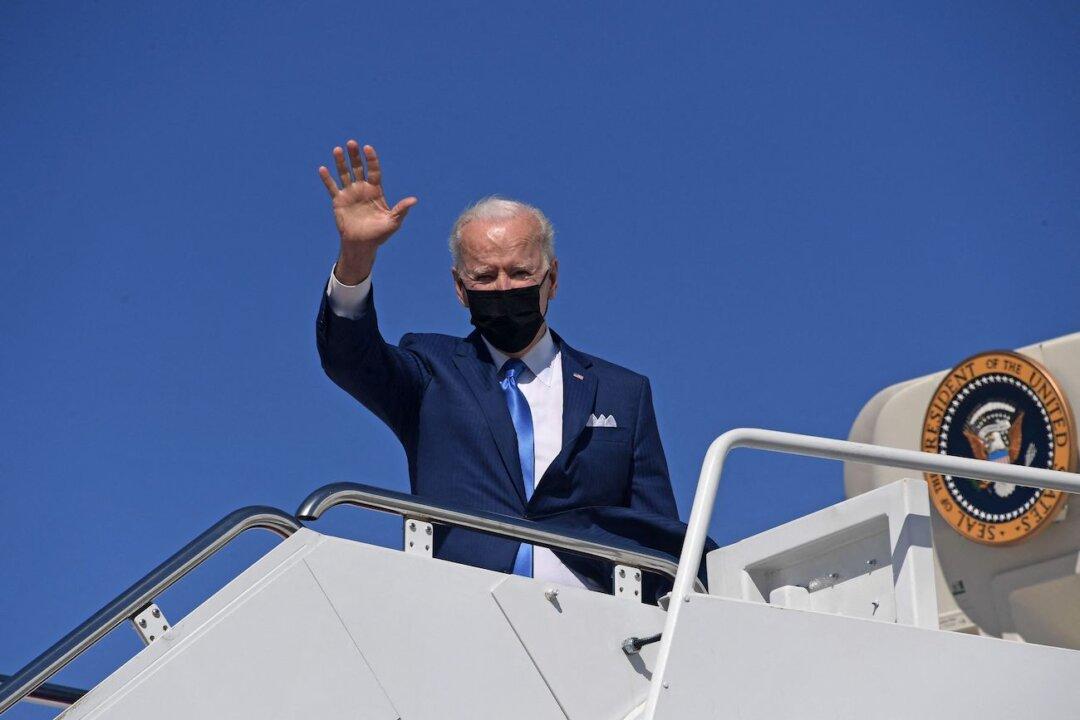President Joe Biden has invited Chinese leader Xi Jinping and Russian President Vladimir Putin to be among 40 world leaders at a global summit on climate change next month.
The virtual event, called the Leaders’ Climate Summit, will be held April 22–23 and live-streamed for public viewing.




